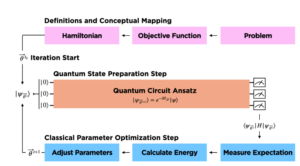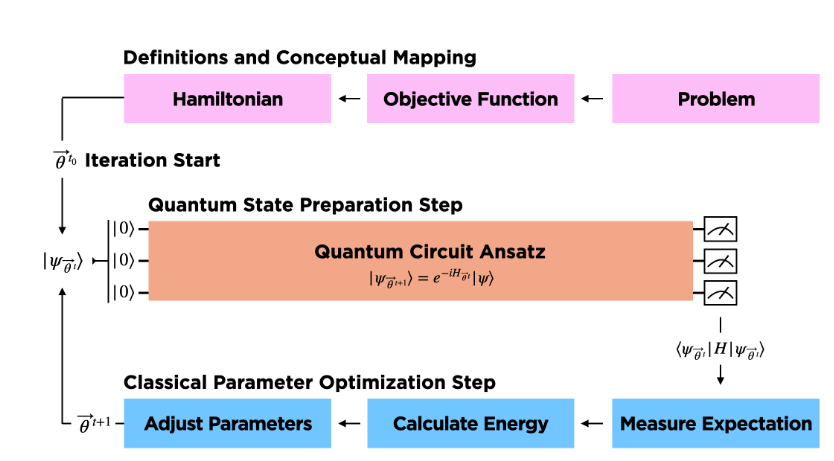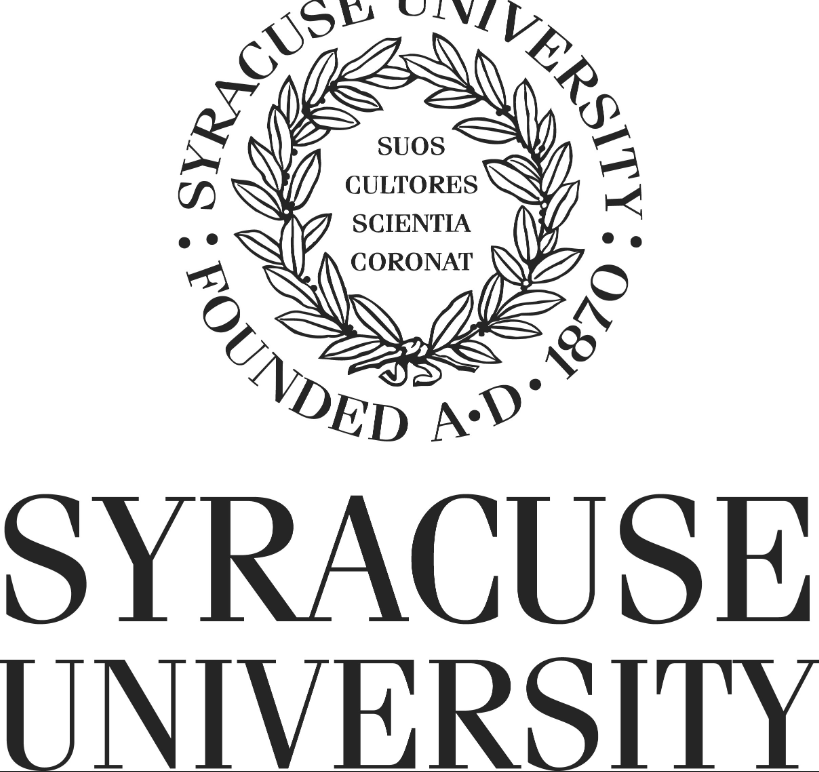
Widespread quantum advantage, if it’s achieved, would dramatically benefit certain medical and biological investigations, according to a team of researchers from Oregon Health and Sciences University and Intel (TQI: Intel). They added that one of the advantages of the quest for superior quantum algorithms is the development of better classical and hybrid quantum-classical algorithms.
In a study, which is available on the pre-print server ArXiv, the team offered a framework to help researchers understand quantum advantage and review a list of possible benefits of that achievement, which includes from the simulation of biomolecules to machine learning approaches for subtyping cancers on the basis of clinical features.
Quantum advantage is the notion that quantum computers will be significantly more powerful than classical computers, the researchers explain. Because quantum computers are sensitive and subject to environmental errors, quantum advantage has yet to be achieved in practical sense. But, the researchers said that isolated examples of quantum advantage and the acceleration of progress in the field give them hope it will happen.
“On the hardware side, stiff competition between quantum approaches and their classical counterparts, and the potential that decoherence may not be tamed, together leave open the possibility that large quantum advantages or fault tolerant quantum computers may not be possible,” the researchers write. “However, a growing body of evidence –- including re-
cent work on novel, more efficient error correcting codes — gives much reason for optimism.”
The team lists several ways quantum advantage would lead to advances in medicine and biology and their practical implications. They said that super polynomial advantages in biology and medicine could address problems such as the quantum simulation of biologically relevant molecules – such as small molecules, protein domains, and nucleic acids – and their chemical quantities. That could lead to better development of drugs to treat medical conditions, the researchers suggest.

This suggests that the fields of drug development and bio-chemistry may stand to benefit in the near term from targeted proof of principles using hybrid quantum-classical approaches, such as variational quantum simulation,” the team writes. “More speculatively, quantum machine learning algorithms yielding advantages in sample complexity (even
small polynomial ones) may yield meaningful advantages in the near to medium term.”
Not Either Or
Critically, the researchers point out a synergy between quantum and classical computational approaches. One may inspire advances in the other, and vice-versa.
Finally, we note that it remains possible that the greatest fruit of research into quantum approaches will be novel quantum inspired classical algorithms,” they note. “For example, the previously noted framework for the “dequantization” of QML algorithms based on the QLSA has led to the development of classical algorithms that may in the future improve upon existing practical implementations. Similarly, the development of one classical optimization algorithm for constraint satisfaction was inspired by the original QAOA and improved upon its performance. Further, recent work on the value of data in classical computation has extended our understanding around the types of hard problems that may be tractable with high quality data and classical machine learning techniques.”
The team included Benjamin A. Cordier , Nicolas P. D. Sawaya, Gian Giacomo Guerreschi, and Shannon K. McWeeney.
National Library of Medicine and National Institute of Environmental Health Sciences helped support this work.
For more market insights, check out our latest quantum computing news here.




















